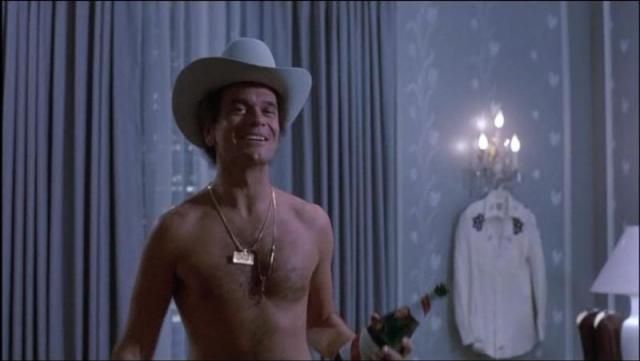. . .I really liked "Dark Frontier," though I think they could have made it even more dramatic by forcing Seven to witness people being murdered who resisted, also showing more children being assimilated (to relate to Seven since she was assimilated as a child). That might have been powerful. Even showing Seven shed a tear or two over it. Or attempt to take her father with her back to Voyager, then he dies because they're not able to de-borgify him properly. Or have Seven look up to the heavens and yell "QUEEEEEEEEN!"

No, I take that last one back.

I'm in the middle of Dark Frontier now. Actually 33:58, about when Seven is begging to go on the mission. I spent about 20 minutes replaying the 4-minute tactical exercise in the holodecks. I've probably watched the episode at least 15 times already since getting it perhaps in early summer, and each time it's like finding something new. It's a bit different than when I usually discover things, as I tend to focus on technical stuff. But this time it was something I realized while listening to the dialogue.
It's a scene with the Doctor in sickbay. At one point Seven angrily refers to her parents as misguided people who endangered their child's life, and she storms out of the room. It's as if she's actually walking out on them. This seems to add a dimension to the often recognized element of Janeway and the Queen battling to be foster mother. With the 5th Act cliffhanger where Seven has to decide whether to go or stay, another element comes into play-- if she goes with Janeway, she might have a chance of forgiving her parents. With the Queen, she has no chance, because she will again lose whatever humanity she'd regained.
Is that making sense, or am I reading too deeply into it?





 No, I take that last one back.
No, I take that last one back.